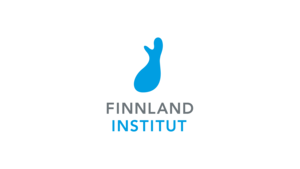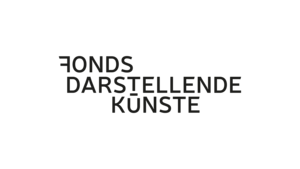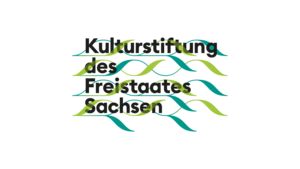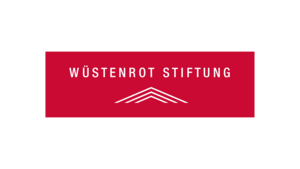Bettina Pousttchi: 42 days
Schwarzenberg
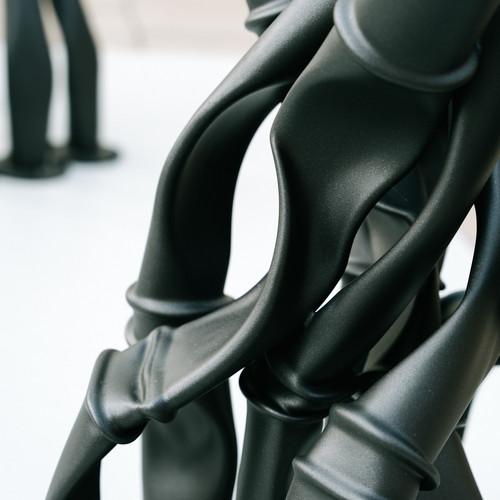
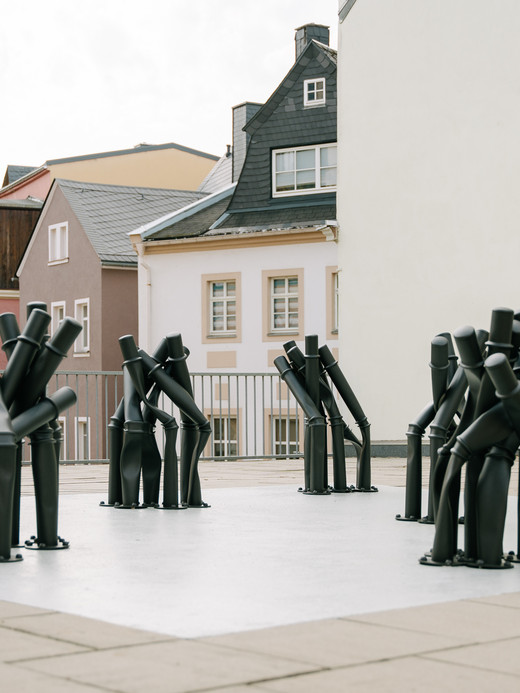
Bettina Pousttchi, a German-Iranian sculptor born in Mainz in 1971 and now living in Berlin, consistently explores the theme of bending in her artistic work. The artist manipulates objects from urban environments, such as guardrails, railings and bollards - twisting them, bundling them, positioning them vertically, colouring them or chrome-plating them. Her sculptures captivate viewers while simultaneously reminding them of the forces that did the bending. They are symbolic of the harried human being, who is rushed along by traffic and continuously on called to resist the distortions of the machines of industrial society. Pousttchi has placed a total of 42 bollard-like objects from her Squeezer series in a number of groups around the urban space of Schwarzenberg. Their squashed and twisted forms evoke the image of rebellion or a precarious tipping point during a public demonstration.
The powder-coated, slate-grey surfaces of the individual elements create a sense of uniformity. Arranged in seven groups, they stand close together, leaning towards one another or, in their individual deformations, in opposition to each other. Like groups of people in a marketplace, these figures - citizens of the mountain town of Schwarzenberg - seem to have gathered into a huddle, recalling the legendary 42-day "Free Republic of Schwarzenberg" described by Chemnitz writer Stefan Heym in his 1984 novel Schwarzenberg. After the German Wehrmacht had surrendered and the country had been liberated from fascism on 8 May 1945, the citizens of Schwarzenberg discovered that the Allies had simply forgotten them - they were not occupied by the Soviets or the Americans. They quickly declared themselves a utopian free and autonomous republic, but sadly this only lasted for 42 days.
Bettina Pousttchi
42 days
In Oberes Tor 2, Schwarzenberg
Material: powder-coated steel
Set up with the support of the town of Schwarzenberg.
Address:
Oberes Tor 2
08340 Schwarzenberg
to the location on Google Maps
![[Translate to Englisch:] Schwarzenberg_42_Tage_Bettina_Pousttchi_Foto_Johannes_Richter_8](/fileadmin/_processed_/e/a/csm_Schwarzenberg_42_Tage_Bettina_Pousttchi_Foto_Johannes_Richter_8_d82d352f14.jpg)
![[Translate to Englisch:] Schwarzenberg_42_Tage_Bettina_Pousttchi_Foto_Johannes_Richter_7](/fileadmin/_processed_/5/8/csm_Schwarzenberg_42_Tage_Bettina_Pousttchi_Foto_Johannes_Richter_7_183676c317.jpg)

























